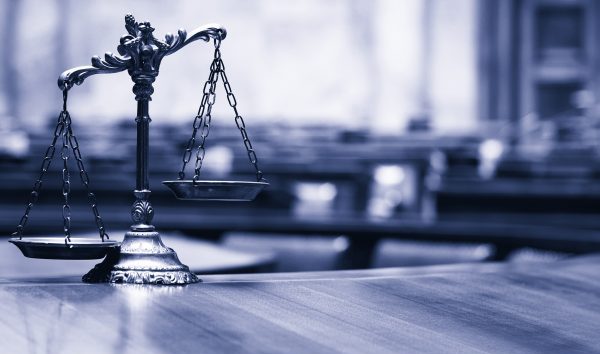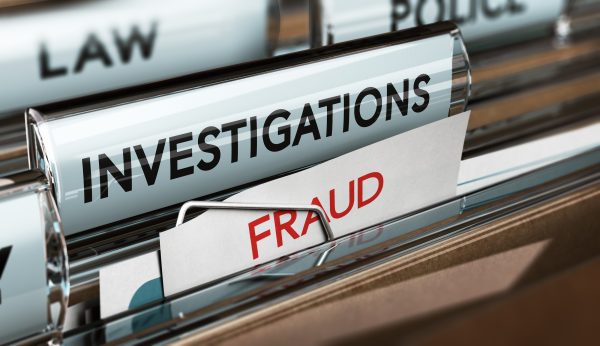Perhaps you have borrowed your husband’s debit card and purchased some new appliances for the home, or you found a lost credit card and used it to fill up the gas tank in your car? If so, it is possible that you may have committed a form of credit card fraud, of course, it is also possible that you have not. It all depends on the circumstances and the particular actions taken.
To clear up your doubts or concerns, continue reading to learn exactly what constitutes as credit card fraud in Indiana, and who to call if you are currently facing such criminal charges.

Indianapolis Fraud Lawyer 317-636-7514
There are Many Forms of Credit Fraud
With the prevalence and popularity of debit and credit cards these days, it is rare to find a person who does not own or use at least one. However, with all of the advancements in technology, particularly wireless and computer innovations, it is easier than ever for someone to commit credit or debit card fraud. In fact, there are thousands of ways to fraudulently use a credit or debit card, in which case, you may be worried if you have done so yourself.
Credit card fraud comes in many forms. For instance, a thief can physically steal another person’s credit card and use it at their own discretion; someone can steal a person’s identity and open up credit cards in their name for personal use; a hacker can steal a person’s PIN directly from their own computer and access their bank accounts; or someone can use an electronic card-skimming device, whether at the checkout line or public bus, to steal credit card information.
What Indiana Law Says
In Indiana, if a person who is not an unauthorized user of a credit or debit card makes transactions with said card, they can be charged with credit card fraud. Here is what is considered credit card fraud under Indiana Code § 35-43-5-4:
Credit Card Fraud Occurs When a Person Intentionally:
⇁ Falsely claims to be an authorized user of another person’s credit or debit card;
⇁ Uses another person’s credit or debit card without permission or proper authorization;
⇁ Uses another person’s credit card knowing that it was stolen or obtained unlawfully;
⇁ Uses a credit card with the knowledge that it is expired, or was forged or revoked;
⇁ Sells a credit card without being an official issuer;
⇁ Falsely claims to be the authorized user before the card is actually issued;
✣ ✣ It is also illegal to own a credit card skimming device.
See Indiana Code Sections 35-43-5-4 and 35-43-5-4.3
Penalties for Fraudulent Credit Card Use
Regardless of how it occurs, credit card fraud is against the law, and if caught, a person faces a long list of possible penalties, such as jail time, probation, community service, restitution, and fines. In Indiana, credit card fraud is a felony. Depending on the unique circumstances of the case, and various other factors, an offender can be convicted of a Level 5 or Level 6 felony. Here are the standard penalties for each:
Level 5 Felony = 1 to 6 years in jail and fines up to $10,000.
Level 6 Felony = 6 months to 2 ½ years in jail and fines up to $10,000.
Facing Fraud Charges in Indiana?

Criminal Defense Lawyer 317-636-7514














